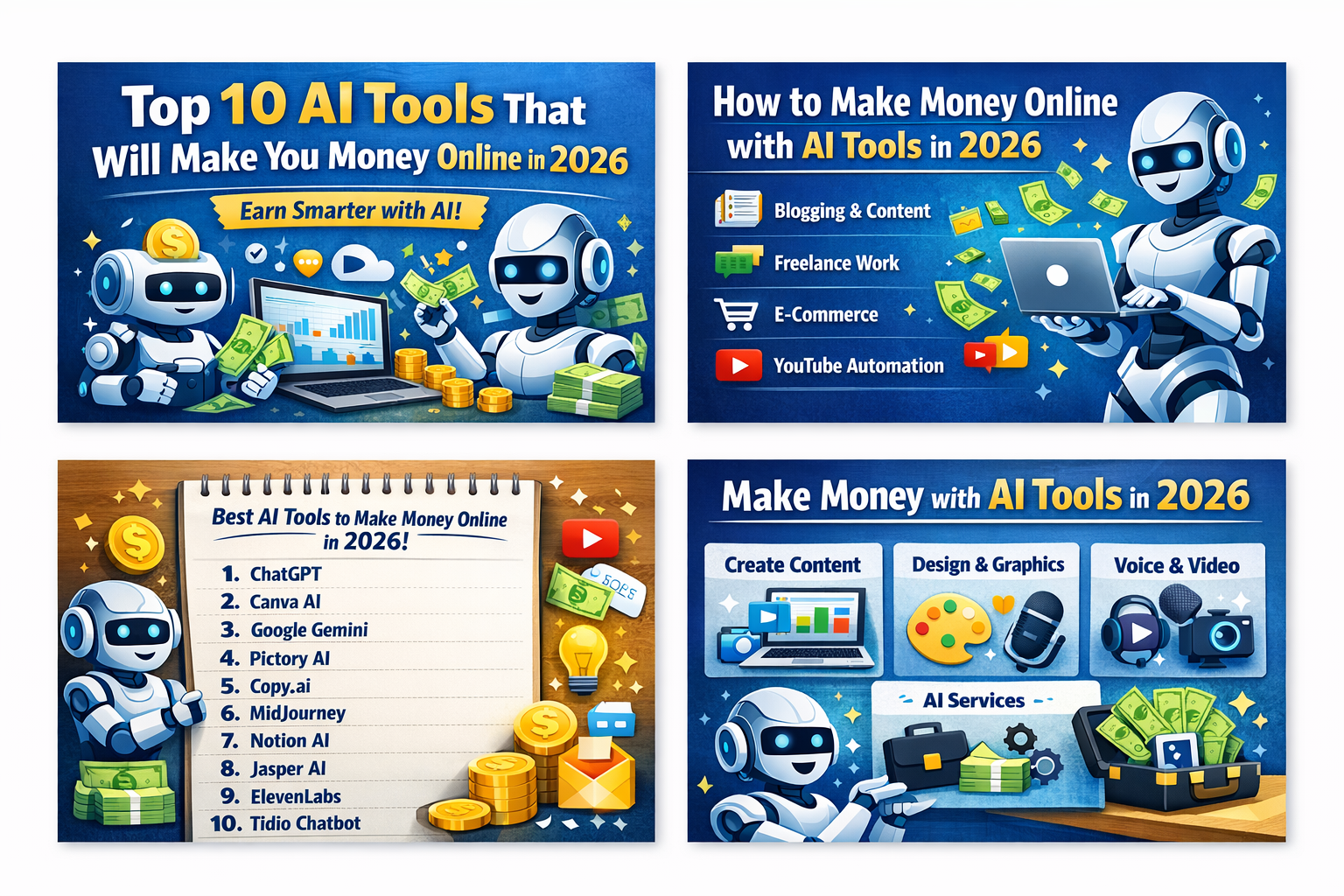AI Boom or Bust? How AI Spending Could Shape the Next U.S. Recession
Introduction
Agree:
Artificial Intelligence (AI) is everywhere. From ChatGPT writing emails to self-driving cars navigating busy streets, AI has quickly become part of everyday life. But behind the scenes, something even bigger is happening: AI is fueling one of the largest waves of corporate spending in U.S. history.
Promise:
While this AI boom is boosting the economy today, there’s a hidden risk. If companies suddenly cut back on AI spending, it could create ripple effects that slow down growth — or even trigger a recession.
Preview:
In this article, we’ll break down what AI capital expenditure (CapEx) is, why it’s skyrocketing, and how you can protect and grow your investments in the middle of this technological revolution.

What Is AI Capital Expenditure?
Capital expenditure (CapEx) refers to the money companies spend to build or upgrade assets like buildings, equipment, or technology.
- In the past, this meant factories, trucks, or machinery.
- Today, it increasingly includes AI servers, data centers, and advanced software systems.
Big Tech giants like Microsoft, Google, Amazon, and Nvidia are pouring billions of dollars into AI infrastructure. According to the Federal Reserve, AI-related spending now accounts for 6% of total U.S. GDP — a level not seen since the dot-com boom.
Why AI Spending Is Surging
The sudden explosion of AI investment isn’t random. Here are the key drivers behind the AI boom:
1. Generative AI Revolution
Tools like ChatGPT, DALL·E, and Google Gemini have created massive demand for AI capabilities.
- Businesses are rushing to integrate AI into customer service, marketing, and data analysis.
- Companies that fail to adopt AI risk falling behind competitors.
2. Cloud Infrastructure Expansion
AI models require powerful servers and vast data storage.
- Tech companies are building AI-focused data centers across the U.S.
- Nvidia, the leading AI chip maker, saw its revenue triple in 2024, driven by demand for GPU chips.
3. Investor Confidence
The stock market has rewarded companies investing in AI:
- Microsoft added $300 billion in market value in 2025 alone thanks to its AI integrations.
- Startups with AI business models are attracting record venture capital funding.
The Hidden Risks: Could the AI Boom Cause a Bust?
While AI spending is driving growth, there’s a dark side. If companies overinvest and returns don’t meet expectations, a rapid pullback could harm the economy.
1. Overheating the Economy
- Rapid AI spending creates inflationary pressure in sectors like tech, energy, and real estate.
- The Federal Reserve may raise interest rates to cool things down, risking slower growth.
2. Job Market Imbalance
- AI automation is eliminating certain jobs faster than new ones are created.
- Layoffs in tech and customer service are already rising, weakening consumer spending power.
3. Stock Market Bubble
- AI stocks like Nvidia and Palantir have skyrocketed, but some experts warn of dot-com bubble 2.0.
- If AI stocks crash, retirement portfolios and 401(k)s could take a hit.
Example: During the 2000 dot-com bubble, tech-heavy Nasdaq lost 78% of its value, wiping out trillions in wealth.
How AI Spending Could Trigger a Recession
AI’s growth isn’t inherently bad. The problem occurs if spending slows suddenly, causing ripple effects across the economy.
- Tech sector layoffs: If Big Tech cuts back, thousands of jobs disappear.
- Construction slowdown: Data center projects stall, hurting real estate and construction firms.
- Investor panic: Falling AI stock prices lead to reduced consumer confidence and spending.
This chain reaction mirrors what happened during the 2008 housing crisis, except this time, the trigger is technology, not real estate.

What Smart Investors Should Do Now
AI is the future — but that doesn’t mean you should blindly chase every AI stock. Here’s how to invest wisely while managing risk:
1. Diversify Your Portfolio
Avoid putting all your money into tech stocks.
- 40% S&P 500 index funds or ETFs
- 30% diversified tech (AI companies, cloud, semiconductors)
- 20% bonds or fixed-income securities
- 10% cash reserves or high-yield savings
This protects you if the AI sector corrects.
2. Consider AI ETFs
Instead of picking individual winners, invest in AI-focused exchange-traded funds:
- Global X Robotics & AI ETF (BOTZ)
- ARK Autonomous Tech & Robotics ETF (ARKQ)
- iShares Robotics and AI ETF (IRBO)
These ETFs spread your risk across multiple AI companies.
3. Watch Interest Rates
AI growth is tightly connected to Federal Reserve policies.
- Rising rates can hurt tech stock valuations.
- If rates begin to fall, AI stocks may surge further.
4. Avoid FOMO Investing
Don’t let social media hype push you into risky moves.
- Wait for solid earnings reports before buying AI stocks.
- Stick to long-term investing principles.
The Long-Term View: AI Is Here to Stay
While short-term volatility is possible, AI isn’t going away. Over the next decade, AI will:
- Create entirely new industries, much like the internet did in the 1990s.
- Revolutionize healthcare, finance, and education.
- Offer investors once-in-a-generation opportunities for wealth building.
Pro Tip: Think of AI like electricity in the early 1900s — a transformative force that will eventually touch every part of life.
Conclusion: Prepare for Both Boom and Bust
The AI boom is exciting, but it comes with real economic risks. While companies like Microsoft and Nvidia are driving growth today, a sudden slowdown in AI spending could shake the economy — and your portfolio.
The key is balance:
- Embrace AI investing, but stay diversified.
- Keep an eye on interest rates and tech earnings.
- Don’t get swept up in FOMO hype.
By staying informed and disciplined, you can ride the AI wave safely, positioning yourself for long-term financial success no matter what the economy does next.

Stay connected with us for more smart money tips—follow Dollar For You now on Instagram, Facebook, and Pinterest!
Quicky understand what are we at :
Managing Money Effectively- Dollar For You’s Complete Guide to Save, Invest and Grow
you may also like,
Why Gen Z is Choosing Stocks Over Homeownership
Gold Prices Hit Record High – Is It Too Late to Invest?
Share this content:




3 comments